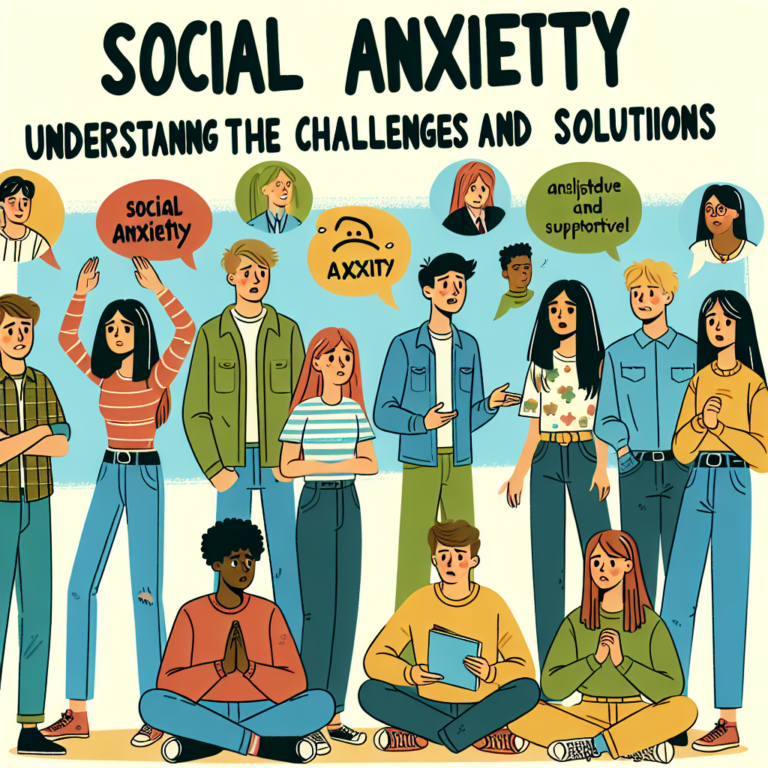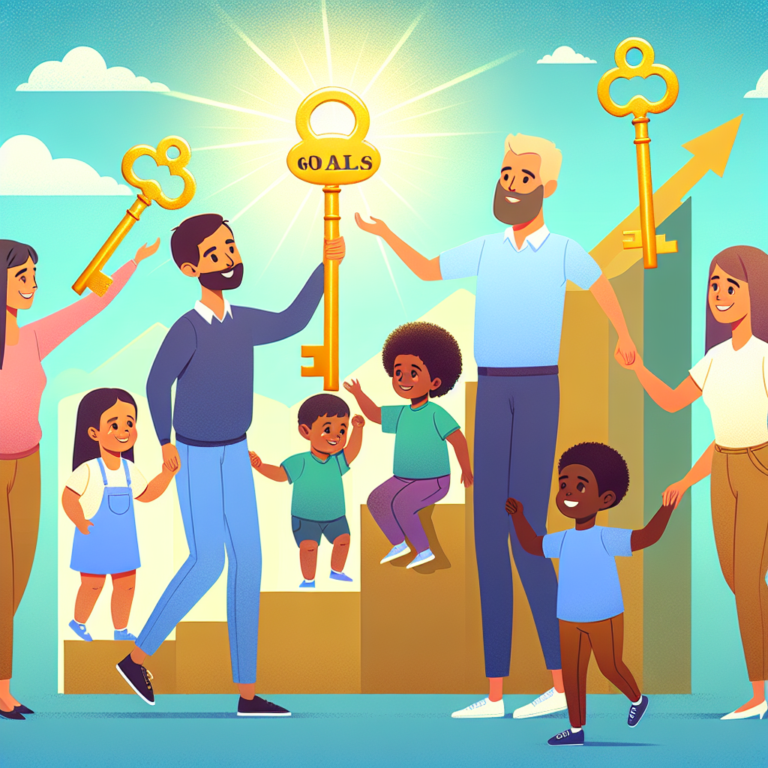
Introduction
In today’s hyper-connected world, the power of influence and social proof can make or break a brand. "Social proof" refers to the psychological phenomenon where people rely on the actions and opinions of others to make their own decisions. Whether it’s a glowing online review, a friend’s recommendation, or a viral social media post, social proof is an essential ingredient in the marketing strategies of successful brands. This article explores Case Studies in Social Proof: Brands That Got It Right, showcasing how companies have harnessed this concept to build trust, drive sales, and foster loyalty.
Understanding Social Proof
Before diving into the case studies, it’s essential to grasp what social proof entails. Humans are inherently social creatures; our choices are often influenced by how others behave. In marketing, this manifests in various forms, including:
- Customer Reviews
- Testimonials
- Influencer Endorsements
- User-Generated Content (UGC)
- Statistics and Numbers
Understanding these nuances allows brands to strategically apply social proof concepts to increase their credibility and appeal.
Case Study 1: Airbnb – Reviews that Inspire Trust
Overview
Airbnb revolutionized the hospitality industry, leveraging the power of social proof through user reviews. With millions of listings worldwide, the platform emphasizes the importance of customer feedback.
Application of Social Proof
Airbnb encourages hosts to collect guest reviews after every stay. These testimonials not only enrich the user experience but serve as an effective marketing tool. Airbnb prominently displays these reviews, often showcasing them on the listing pages.
Impact
- Increased bookings: Listings with more reviews see higher occupancy rates.
- Trust Building: Reviews establish trust among potential users, providing assurance that they are making the right choice.
Analysis
By leveraging real customer experiences, Airbnb has effectively created an ecosystem of trust, making it one of the most successful platforms globally. This is a prime example of Case Studies in Social Proof: Brands That Got It Right, demonstrating that user-generated content can significantly drive conversions.
Case Study 2: Starbucks – The Power of Location-Based Social Proof
Overview
Starbucks is synonymous with coffee culture. Their marketing strategies heavily incorporate social proof, especially regarding community and social responsibility.
Application of Social Proof
The brand uses location-based advertising to showcase popular products in certain areas. For instance, they highlight seasonal beverages as "top sellers" in specific communities, encouraging others to try what’s trending.
Impact
- Increased foot traffic: Through effective social proof, many customers feel compelled to visit when they see others enjoying their drinks.
- Community Engagement: Featuring local favorites fosters a connection with the local market and strengthens brand loyalty.
Analysis
Starbucks utilizes social proof not just for products but also in their community engagement efforts. By highlighting local trends, they tap into the collective identity of the neighborhood, showcasing that they truly care about the communities they serve.
Case Study 3: Amazon – Reviews and Ratings as Trust Signals
Overview
Amazon is the king of e-commerce and the epitome of how to successfully utilize social proof. Customer reviews and ratings are pivotal to their success.
Application of Social Proof
Amazon encourages detailed reviews and ratings across its platform, creating a massive repository of user feedback. The “Best Seller” tags and customer review scores act as social proof for new buyers.
Impact
- Higher conversion rates: Products with numerous positive reviews often see steep rises in sales.
- Informed decision-making: Customers rely on these reviews to guide their purchases, leading to higher satisfaction rates.
Analysis
With a robust system for collecting and displaying feedback, Amazon has not only created a competitive marketplace but has also instilled a sense of community among its shoppers. This case is a quintessential example of Case Studies in Social Proof: Brands That Got It Right.
Utilizing User-Generated Content (UGC)
What is UGC?
User-Generated Content refers to any form of content, such as videos, blogs, photos, and testimonials, that is created by users or customers rather than brands themselves.
Impact on Brand Perception
UGC serves as powerful social proof. Brands that showcase real-life experiences can significantly enhance their credibility. According to studies, consumers are 79% more likely to trust UGC than branded content.
Case Study: GoPro
Overview
GoPro thrives on UGC. They encourage users to share their adventures, emphasizing the authenticity that comes from real customers.
Application of Social Proof
By showcasing user-generated videos on their official channels, GoPro allows fans to see the capabilities of their products in real-life scenarios, enhancing credibility.
Analysis
Incorporating UGC not only fuels brand engagement but also encourages community building. GoPro’s strategy illustrates effective use of social proof, reinforcing why it belongs in Case Studies in Social Proof: Brands That Got It Right.
The Psychology Behind Social Proof
Understanding the psychology behind social proof can shed light on why these brands succeed. Social proof operates on several psychological principles:
- Descriptive Norms: Seeing that others are doing something often leads individuals to do the same.
- Injunctive Norms: Social approval can motivate people to act in ways they believe will be positively perceived by their peers.
- Scarcity: Limited availability can sometimes act as social proof, indicating that a product or service is desirable and worth having.
By leveraging these principles, the aforementioned brands have successfully established a powerful brand presence grounded in social validation.
Conclusion
The power of social proof in marketing cannot be overstated. From Airbnb to Amazon, the examples above demonstrate how perfectly executed strategies can enhance brand loyalty, increase sales, and foster trust. As we move forward in a digital-first world, understanding Case Studies in Social Proof: Brands That Got It Right will become increasingly crucial for marketers looking to differentiate themselves in a crowded marketplace.
As you think about your brand, consider what forms of social proof might work best for you. Whether it’s encouraging user reviews, celebrating UGC, or going local, the time is now to harness the power of social proof and see the positive impact it can have.
FAQs
Q1: What is social proof?
A1: Social proof is the psychological phenomenon where individuals look to others’ behavior and opinions to guide their own decisions.
Q2: How can my brand effectively use social proof?
A2: You can implement social proof through customer reviews, testimonials, influencer partnerships, and showcasing user-generated content.
Q3: Why is social proof important for businesses?
A3: Social proof builds trust, increases conversions, and can significantly enhance customer satisfaction.
Q4: Can social proof be negative?
A4: Yes, negative social proof occurs when feedback or perceptions damage a brand’s reputation, highlighting the importance of managing customer experiences effectively.
Q5: How can I track the success of social proof in my marketing strategy?
A5: Monitor conversion rates, customer engagement levels, and the quantity and quality of user-generated content to assess your social proof effectiveness.
By understanding the principles behind social proof and the success stories of leading brands, you’ll be well-equipped to apply these strategies to enhance your brand’s credibility and appeal in the marketplace.

















